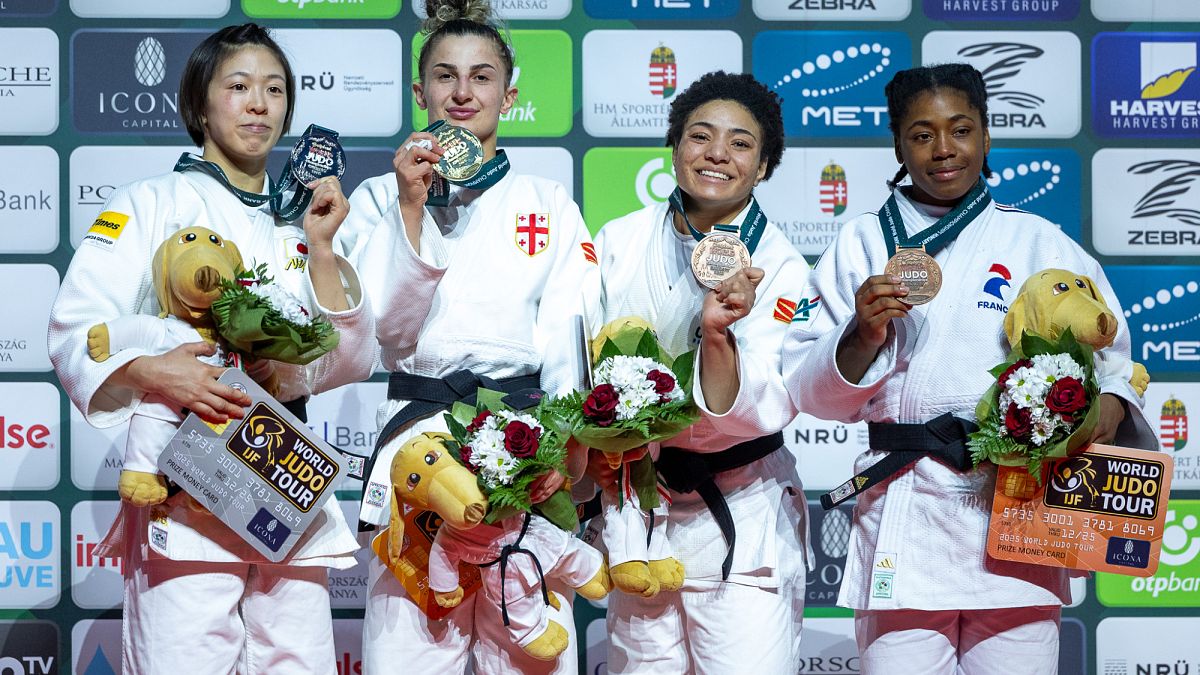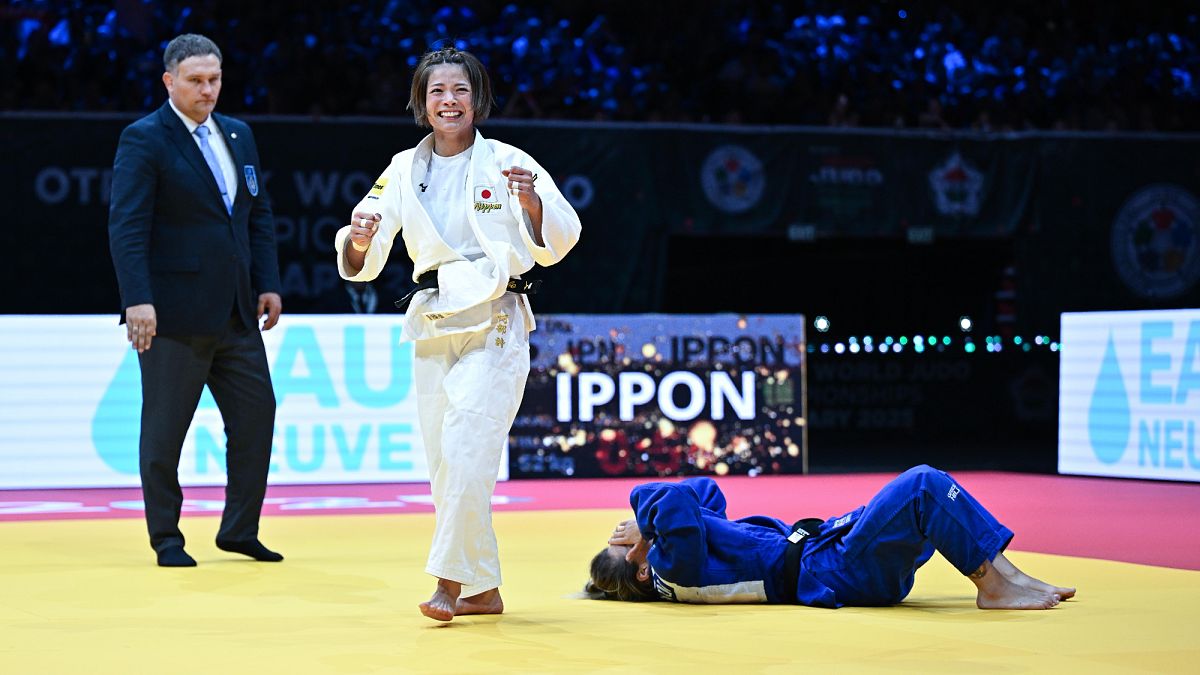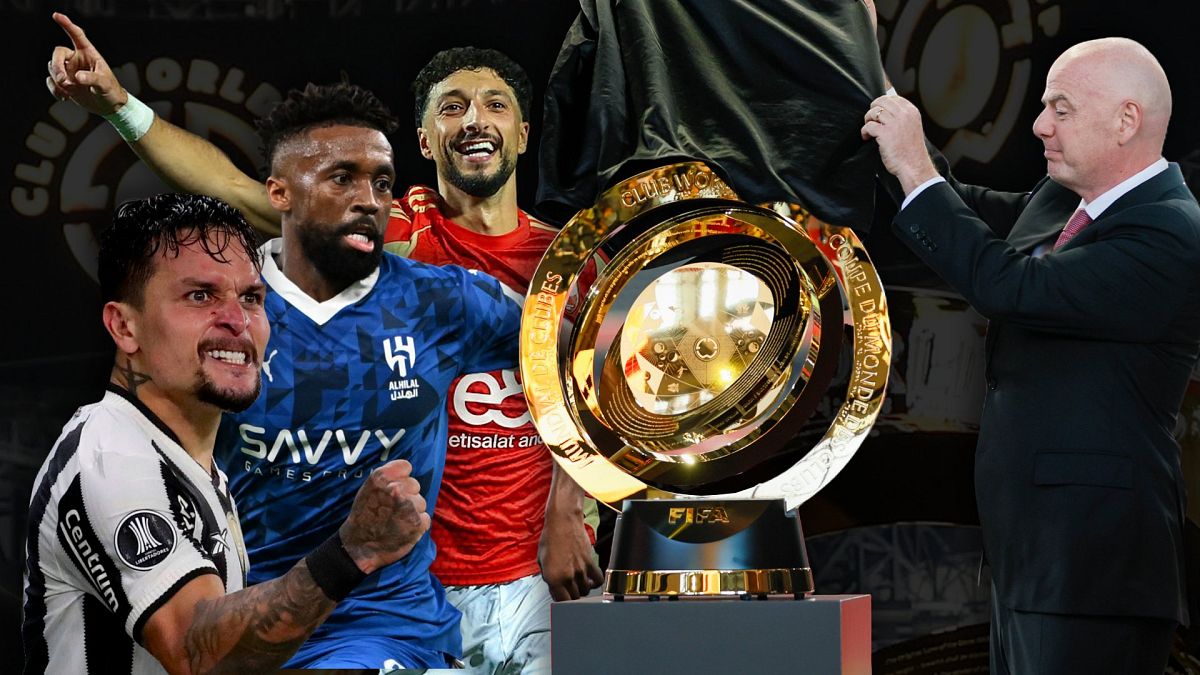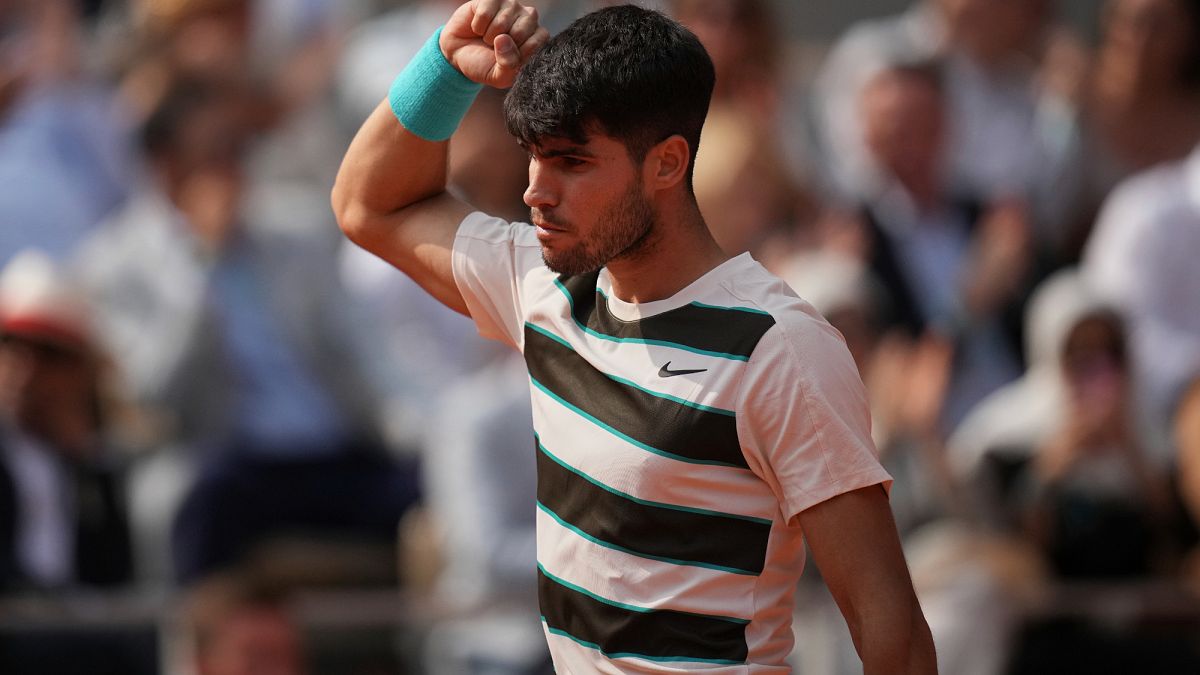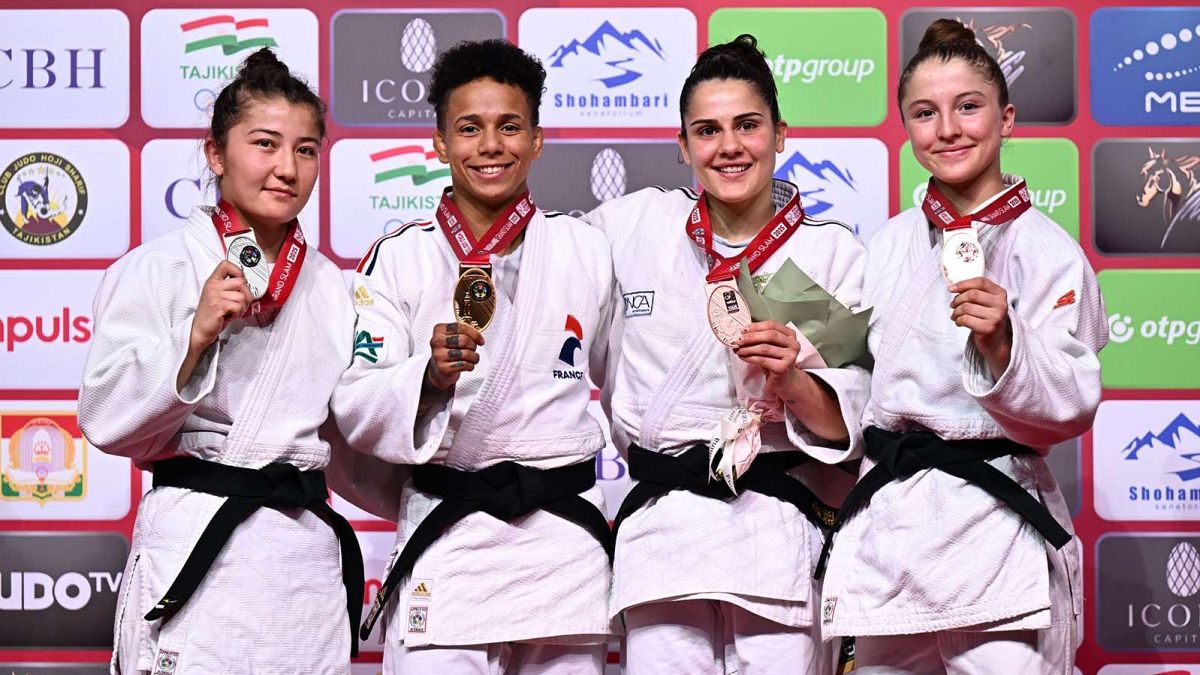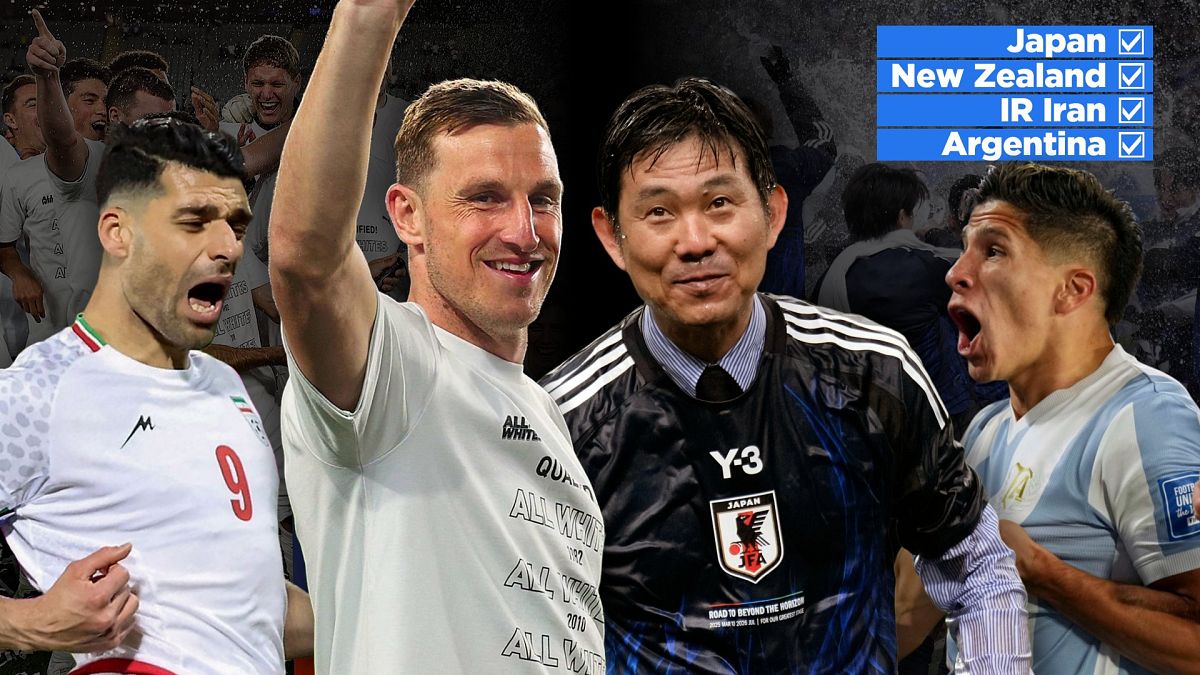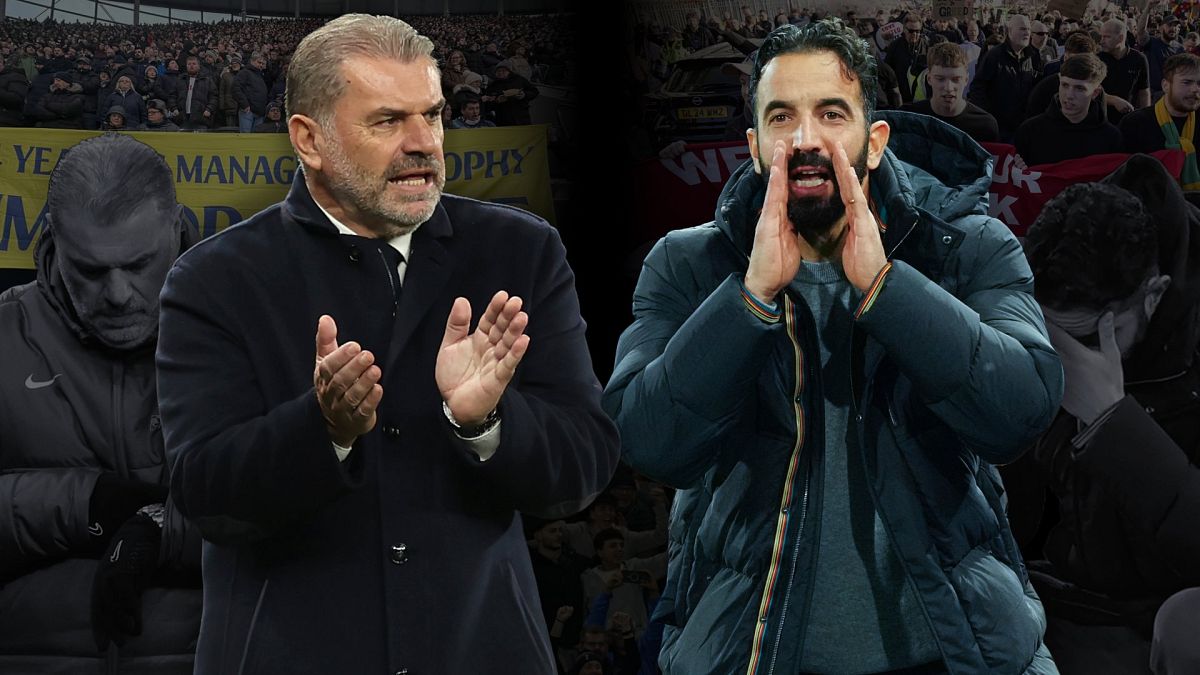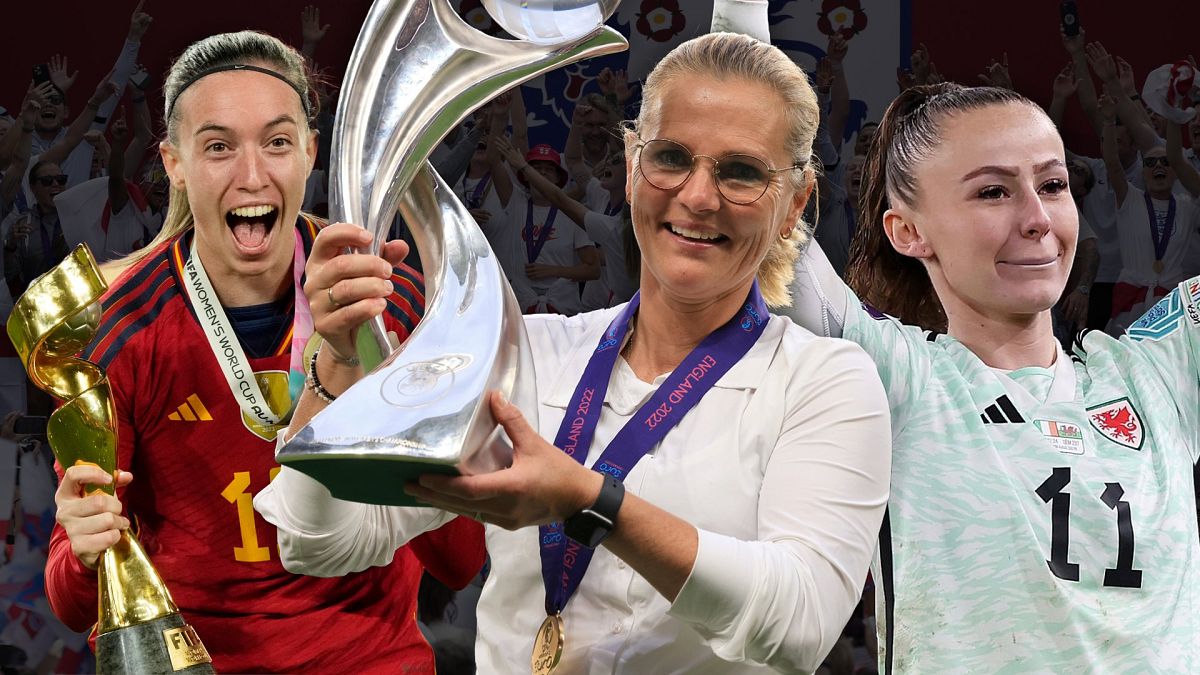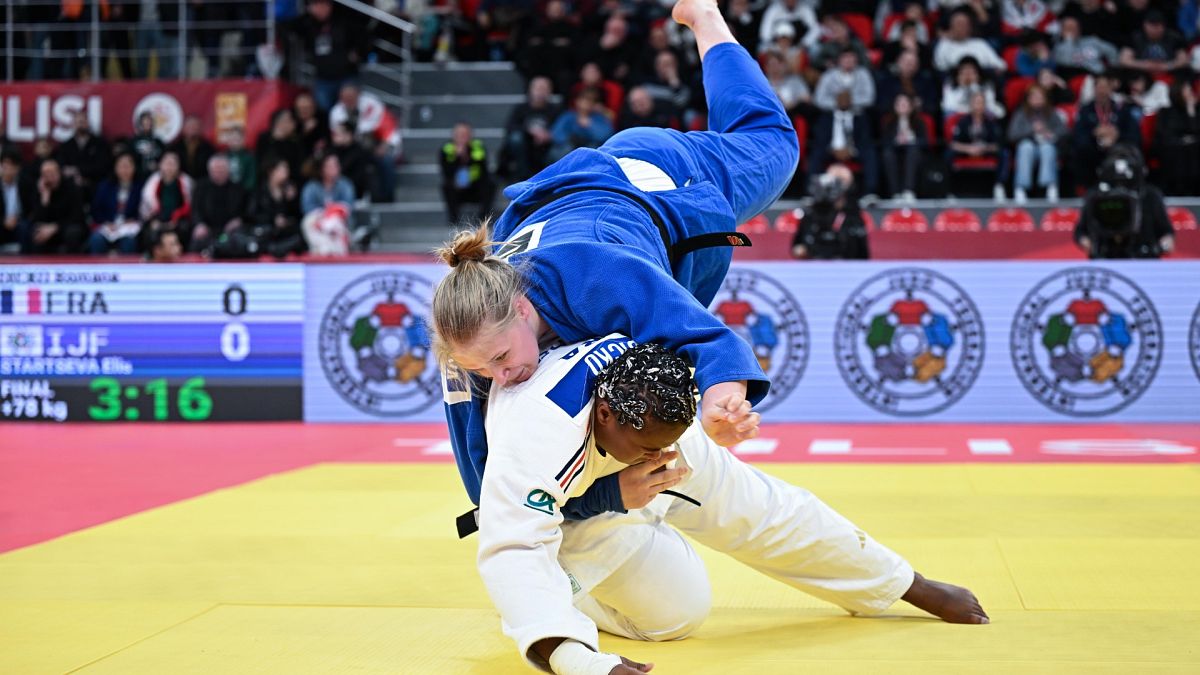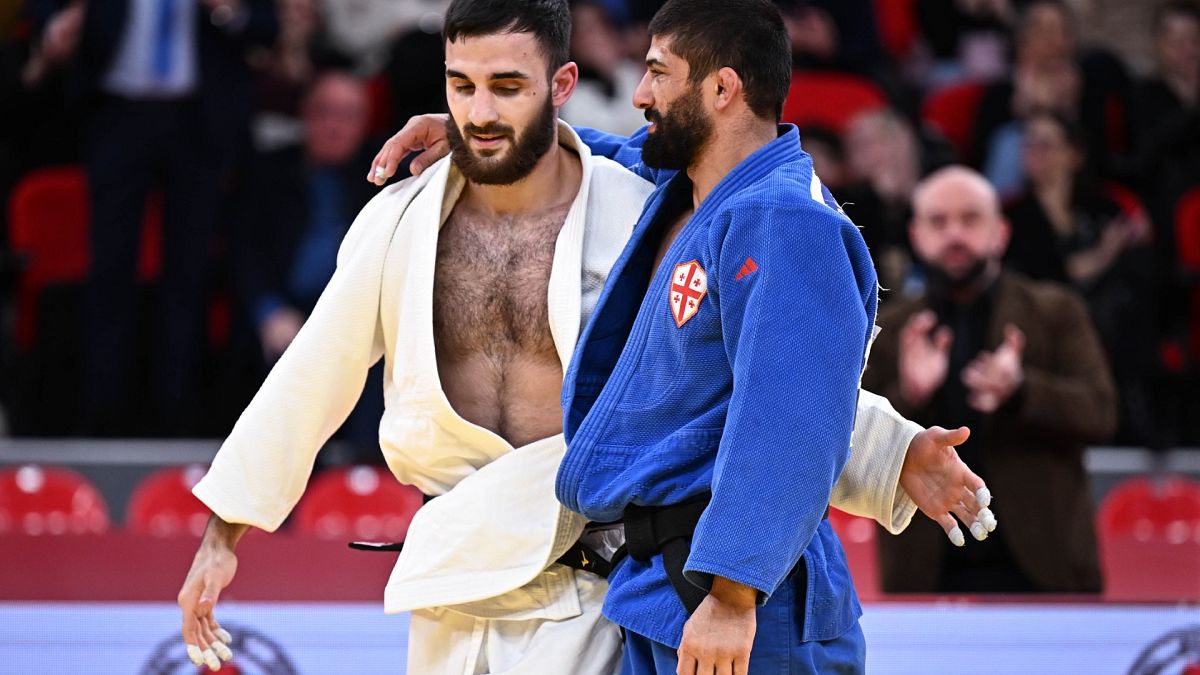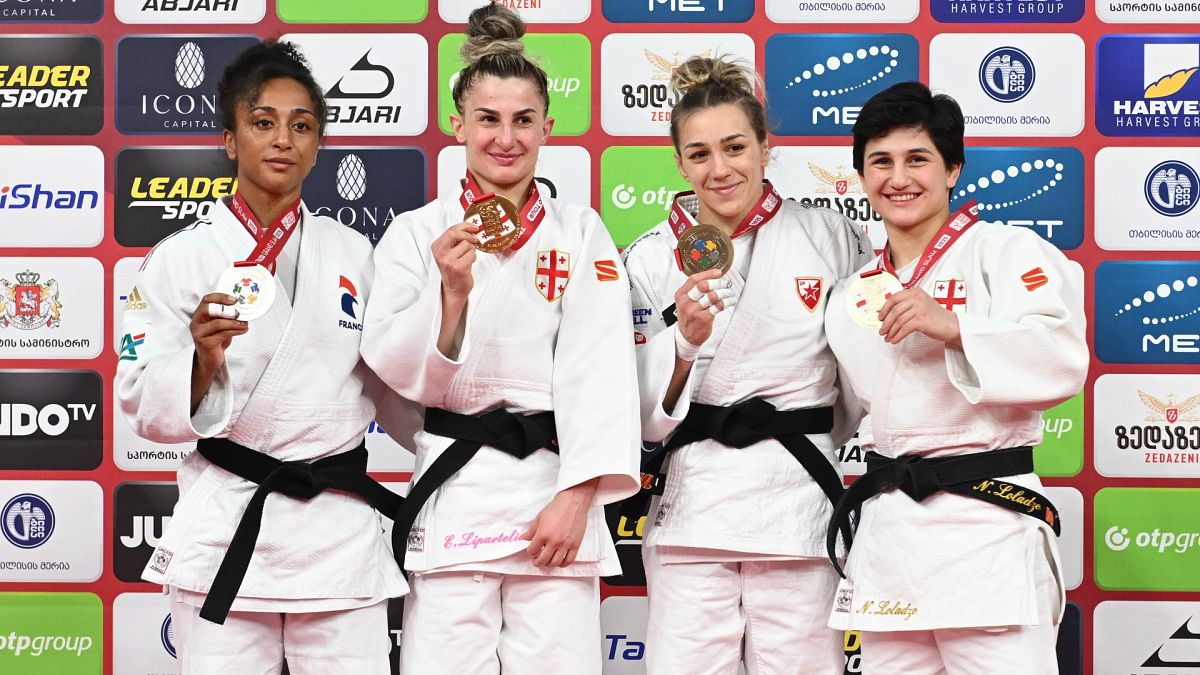The cultural heritage of water: reconnecting with rivers through art
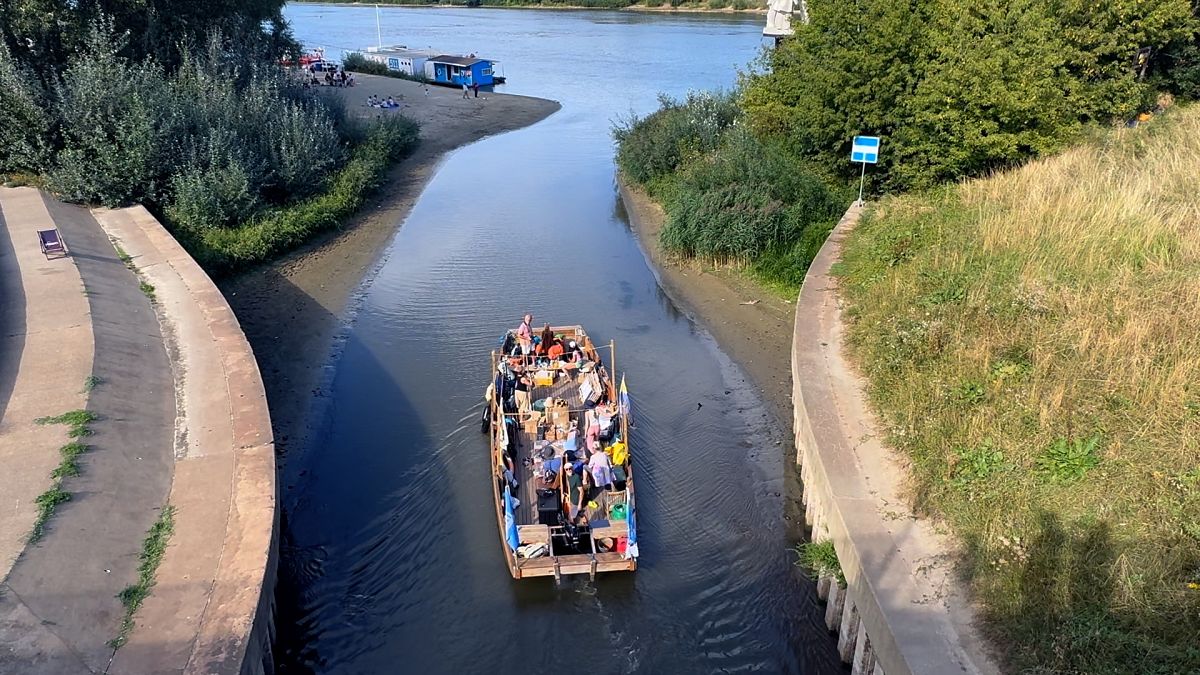
As the European Pavilion 2024 floating arts programme prepares to head for Lisbon after sailing across four of the continent’s largest rivers, Water Matters looks at examples of floating cultural projects aimed at reconnecting citizens with rivers.
On November 7th, 8th and 9th, dozens of international artists will gather for three days of creative festivities between the old port of Beato and Quinta Alegre, a socio-cultural complex in Lisbon, as part of the European Pavilion 2024, ‘Liquid Becomings’.
The European Pavilion is an art programme held every two years by the European Cultural Foundation. This year, ‘Liquid Becomings’, produced by Espaço Agora Now in partnership with FLOW, MS-Fusion, Teatro Meia Volta and United Artist Labour, won the call for curatorial proposals open to cultural organisations across Europe.
In Lisbon, the artists involved will share the work they created during a 28-day boat journey along four of the continent’s most emblematic rivers: the Danube, the Tagus, the Rhine, and the Vistula.
Onboard each boat, five artists have focused on themes such as ‘Ruins and Monsters’, ‘Perimeters’, ‘Togetherness’ and ‘Bodies and Politics’. The boats have been conceived as platforms for art, but also for meetings and debates to reflect on the future of Europe and our interconnectedness.
“We have shared what we have, our artistic practice with the people, and we’ve listened to their hopes, stories and dreams,” explains Naomi Russel, co-curator of the Liquid Becomings project.
“We wanted to get into the less visible places and the only way to do that was to navigate rivers, which are like a nervous system that connects Europe,” she adds.
Naomi Russel explains that she wanted to create “a pavilion that isn’t really a pavilion, to challenge these very fixed institutions, to create alternative models that are focused on people and ideas”.
“The use of a boat was quite deliberate as a provocation, because Europe made its wealth from sailing boats during colonial times. And as we know today, there are constantly these fragile boats crossing seas with refugees on them,” she says.
Reconnecting to rivers
Across Europe, artists seem increasingly interested in the cultural potential of rivers. Euronews went to Budapest to meet the organisers of Fluctuations, billed as the first impact festival navigating on European rivers.
The first edition was held between May and October in several European cities. A barge stopped off near Lille, followed by stops in Brussels, Utrecht and Budapest. “We take artists and activists on our barge. We set up the festival, then sail for a week and the following weekend we redeploy the festival to another city,” explains Nicolas Dhers, co-founder of Fluctuations.
“With the rivers of Europe, you can start in Rouen and go all the way to Russia. It’s a physical continuum and that is what we want to convey too: a Europe of territories that are very connected between each other,” adds the young Parisian.
At each stopover, conferences and round tables were held, as well as workshops, a ‘solutions village’, a sustainable food court and music concerts. All the activities took place on a quay alongside the river, except for the music stage, which was on the barge.
“The aim is to mobilise people around issues of ecology and social justice, and to weave positive narratives at the heart of Europe,” explains Charline Albericci, another founder of the Fluctuations project.
“What we want to promote is the mixed use of rivers. They are mainly used for commercial purposes but we want to promote their festive, poetic, ecological and inclusive use. These are social spaces that it’s high time to promote,” she adds.
The festival was either free or had flexible pricing, depending on the stage. The Fluctuations project received European funding through the Creative Europe programme.
The Valyo association, which campaigns to reconnect citizens with the Danube, played an important role in organising the event in Budapest, which was held in a cultural centre in the city centre because of Storm Boris.
Valyo, short for Város és folyó (city and river in Hungarian), organises numerous festive, cultural and sporting events around and in the Danube, and campaigns for clean, walkable, cyclable riverbanks.
“Because of climate change, it’s very important in these cities to be able to go to rivers, that they are clean enough to be able to swim in them, as they did in Paris. In Budapest the water quality is much better and there’s more space to use it,” says Miklós Tömör, project manager at Valyo.”
Another aim of the project was to study the regulations relating to river culture in European countries and to campaign for them to be harmonised and simplified.
Thomas Scheele, a project manager at the advocacy agency dedicated to supporting creatives and preserving nighttime culture Vibelab, partnered with the festival to present a major study on liquid culture across Europe, conducted in five countries and encompassing research on 36 cultural vessels.
“We’ve done a mapping of European waterways from a cultural perspective,” Scheele explains. “Where are the informal cultural initiatives? Where are the cultural vessels and how do they deal with regulations so they have a place in the legal framework?”
The idea behind this report was to introduce a categorisation system for each approach in order to help future promoters of floating culture across Europe, according to Thomas Scheele, who has been involved in the emergence of art on water in Berlin in the 2010s.
“The water was this big open space and we thought: nobody can gentrify the river, can build a mall there,” he recalls.
Berlin is a mecca for water culture in Europe. The German capital has a large number of cultural boats, many of which congregate in Rummelsburger Bay, an arm of the River Spree in the eastern part of the city.
Thomas Scheele advocates the creation of ‘cultural harbors’, where cultural boats can moor up and create ephemeral floating spaces before setting sail again.
“A lot of people think that culture equals events and that events equals trash. But people who do stuff on water learn a lot about the river and that creates care. They are very strict, they organise river cleanups,” says the Berliner.
“We need to find ways for people to live with the river and take care of it. Otherwise, they will treat it like it’s nothing,” he concludes.
Getting wise to water
Euronews and the European Commission are partnering to promote the EU’s Water Wise campaign, #WaterWiseEU. Our series, Water Matters, and the EU campaign aim to raise awareness about the increasing stress on Europe’s water systems and the need for sustainable water management. Water Matters will delve into various water-related issues, highlighting the importance of protecting nature and ecosystems integral to the water cycle. Through engaging content, Euronews and the European Commission hope we can inspire individuals and communities to become #WaterWiseEU.
Source: Euro News


